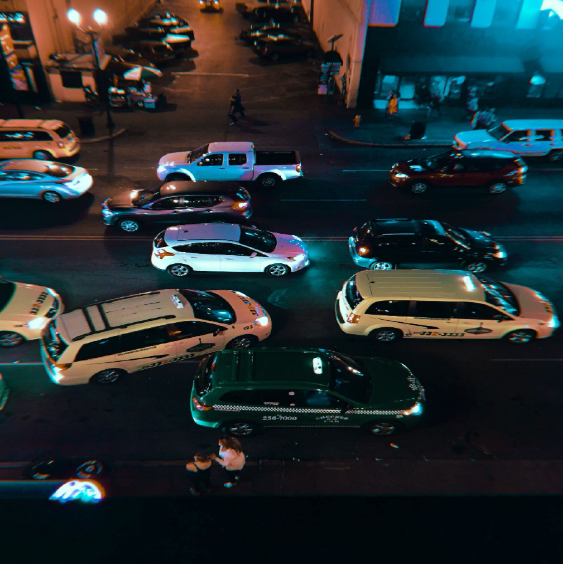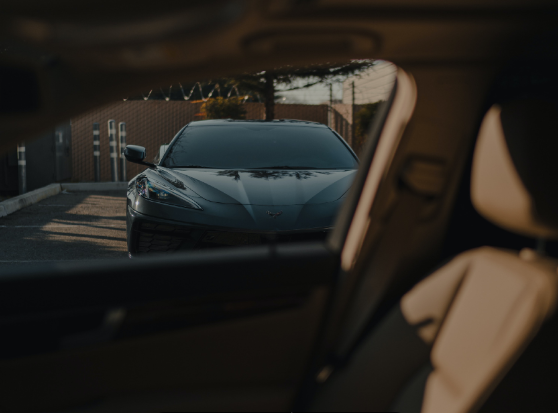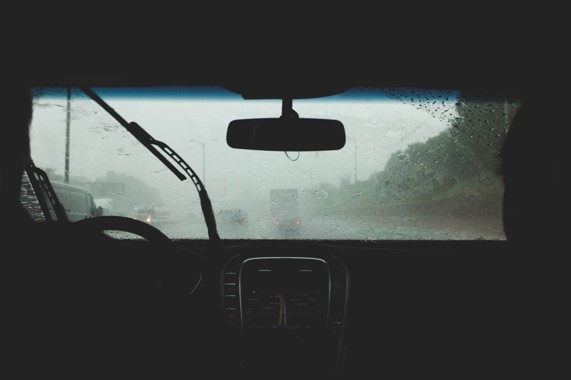
Collision insurance is an optional coverage that can help you pay for damage to your
car if you’re in an accident. However, the coverage typically comes with a deductible
and limits. Therefore, It’s essential to understand the details of your policy before
you buy to ensure you get the right protection.
How Does It Work?
When buying collision insurance, you’ll choose a deductible, the amount you pay out
of pocket before the insurer kicks in. For instance, if you have a $200 deductible on
your collision insurance and the cost of repairing your car after an accident is
$1,000, you’ll pay the first $200, and your insurance company will cover the
remaining $800. Remember that the lower your premium, the higher your insurance
deductible.
Do I Still Need Collision Insurance If My Vehicle Is Paid Off?
Factors such as your car’s value, financial situation, and driving habits will
determine whether or not you need collision insurance. You can drop collision
insurance and save money if your car is paid off.
Also, if your car is old and worth very little, paying for collision insurance may not
make sense. The cost of repairs after an accident may be less than what you would
pay in premiums over the policy’s life. On the other hand, if your car is new and
valuable, collision coverage may be a wise investment to protect your financial
interests.
If you frequently drive, you may be at higher risk for an accident and may want to
carry collision insurance to protect yourself financially. In contrast, if you drive
infrequently, you can go without collision coverage.
What Happens If I Don’t Have Collision Insurance?
If you don’t have collision insurance, you will be responsible for paying for repairs
to your car if you’re involved in a collision. This can result in substantial financial
costs. Additionally, you may risk losing your vehicle without collision insurance if
you can’t afford to pay for repairs after an accident. You may also be liable for
damages or injuries sustained by other parties in a collision if you’re at fault in an
accident.





